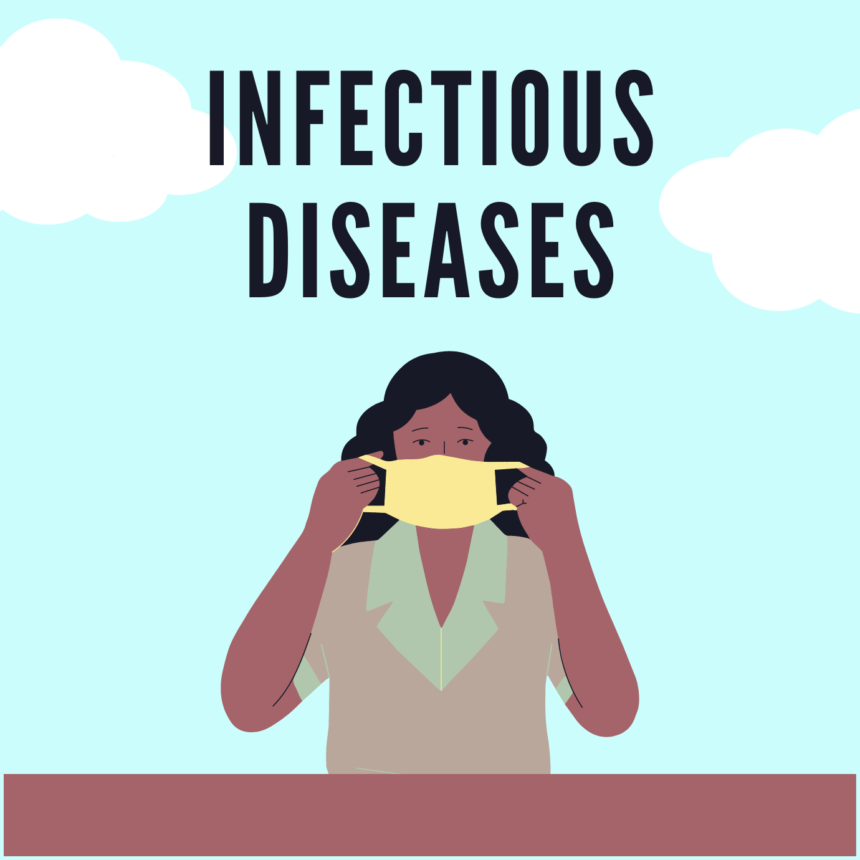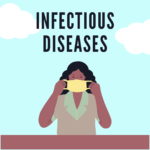Vaccination has been one of the most significant medical advancements in history, saving countless lives by preventing a wide range of preventable diseases. However, misinformation and myths about vaccines persist, leading to vaccine hesitancy and putting communities at risk. Let’s debunk some common vaccination myths and emphasize the importance of immunization.
Myth 1: Vaccines Cause Autism
This myth, based on a discredited study, has been thoroughly debunked by extensive research. There is no credible scientific evidence linking vaccines, including the MMR vaccine, to autism. Vaccines save lives; they don’t cause autism.
Myth 2: Vaccines Contain Harmful Chemicals
Vaccines may contain tiny amounts of chemicals like formaldehyde and aluminum, but these are well below the levels considered harmful. These substances are used to ensure vaccine safety and effectiveness.
Myth 3: Natural Immunity is Better
While natural infection can provide immunity, it often comes at a much higher risk to health and can lead to severe complications or even death. Vaccines offer a safer way to build immunity without getting sick.
Myth 4: Vaccines Aren’t Necessary for Rare Diseases
Even for diseases that are relatively rare today, vaccination is crucial. A drop in vaccination rates can lead to disease resurgence, as seen with measles outbreaks in some regions.
Myth 5: Vaccines Overwhelm the Immune System
Vaccines are designed to stimulate the immune system without causing disease. A child’s immune system can handle the antigens in vaccines along with the many other challenges it faces daily.
Myth 6: Vaccines Don’t Work
Vaccines are highly effective at preventing diseases. For instance, the measles vaccine is about 97% effective after two doses.
Myth 7: Vaccines Can Give You the Disease
Vaccines cannot cause the diseases they are designed to prevent. Some vaccines contain weakened or inactivated pathogens that cannot cause illness.
Myth 8: Vaccines Are Just a Money-Making Scheme
Vaccine development and distribution are expensive, but they are essential for public health. The benefits of preventing diseases and their associated healthcare costs far outweigh the expenses.
Myth 9: You Don’t Need Vaccines If Everyone Else is Vaccinated
Herd immunity, where a significant portion of the population is vaccinated, protects those who cannot receive vaccines due to medical reasons. It also reduces the overall prevalence of diseases.
Myth 10: Vaccines Have Serious Side Effects
Serious side effects from vaccines are extremely rare. The vast majority of people experience only mild, temporary side effects like soreness at the injection site or mild fever.
Conclusion:
Vaccination is one of the most effective ways to protect yourself, your family, and your community from preventable diseases. It’s crucial to base vaccination decisions on accurate information and consult healthcare professionals for guidance. Debunking these myths is essential for safeguarding public health and preventing outbreaks of vaccine-preventable diseases.



